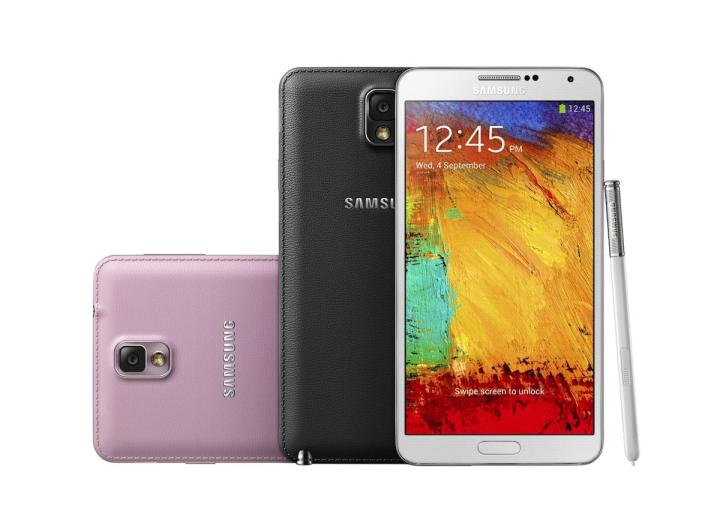
Region locked DVDs and Blu-rays are those which can only be played by a machine which has a corresponding country code, for example Region A Blu-rays can only be played in players that support that region, and the same player will refuse to play Region B discs. It’s all a bit of a pain, and now thanks to Samsung, we’ve got to put up with something similar on our phones.
The news comes after many owners of the new Galaxy Note 3 were greeted by a mysterious sticker on the packaging, telling them the device was only compatible with SIM cards issued in the same geographical area as the phone. UK online retailer Clove Technology was first to point this out, as it sells phones to customers all over the world, and initially it was thought only European phones were affected.

- Some current Samsung products are now provided with a local SIM lock.
- European models will work only with a SIM issued in the European Union, which is defined as Austria, Belgium, Bulgaria, Cyprus, Czech Republic, Denmark, Estonia, Finland, France, Germany, Greece, Hungary, Iceland, Ireland, Italy, Latvia, Liechtenstein, Lithuania, Luxembourg, Malta, Netherlands , Norway, Poland, Portugal, Romania, Slovakia, Slovenia, Spain, Sweden, UK, Switzerland, Croatia. Several non-EU countries such as Monaco, Albania, and San Marino are also included.
- American models will only work with SIM cards issued, “Within the Americas,” which is defined as the North, South, Central America, and the Caribbean.
- Phones which come with a region lock are the Galaxy S3, Galaxy S4, Galaxy S4 Mini, Galaxy Note, Note 2, and the Galaxy Note 3. A sticker on the box will let you know, and only those manufactured after July 2013 are affected.
As the geographical areas are large, the lock certainly won’t affect everybody, but replacing the SIM card with a local one when traveling internationally is a great way to avoid hefty roaming charges. Samsung’s new region lock makes that impossible, leaving long-haul travelers with the option of not using their phone, facing a potentially large roaming bill, or buying an alternative device. The fourth option, of course, is not to buy one of these phones in the first place, if using SIMs from other continents is important.

Samsung’s motivation isn’t clear, but it may have flexed its muscles to gain more control over distribution, making it harder for gray importers to buy and sell phones based on currency fluctuations. While it benefits from this, the customer is left confused and annoyed. Whether it’ll change its mind if customers make enough noise about it remains to be seen.



